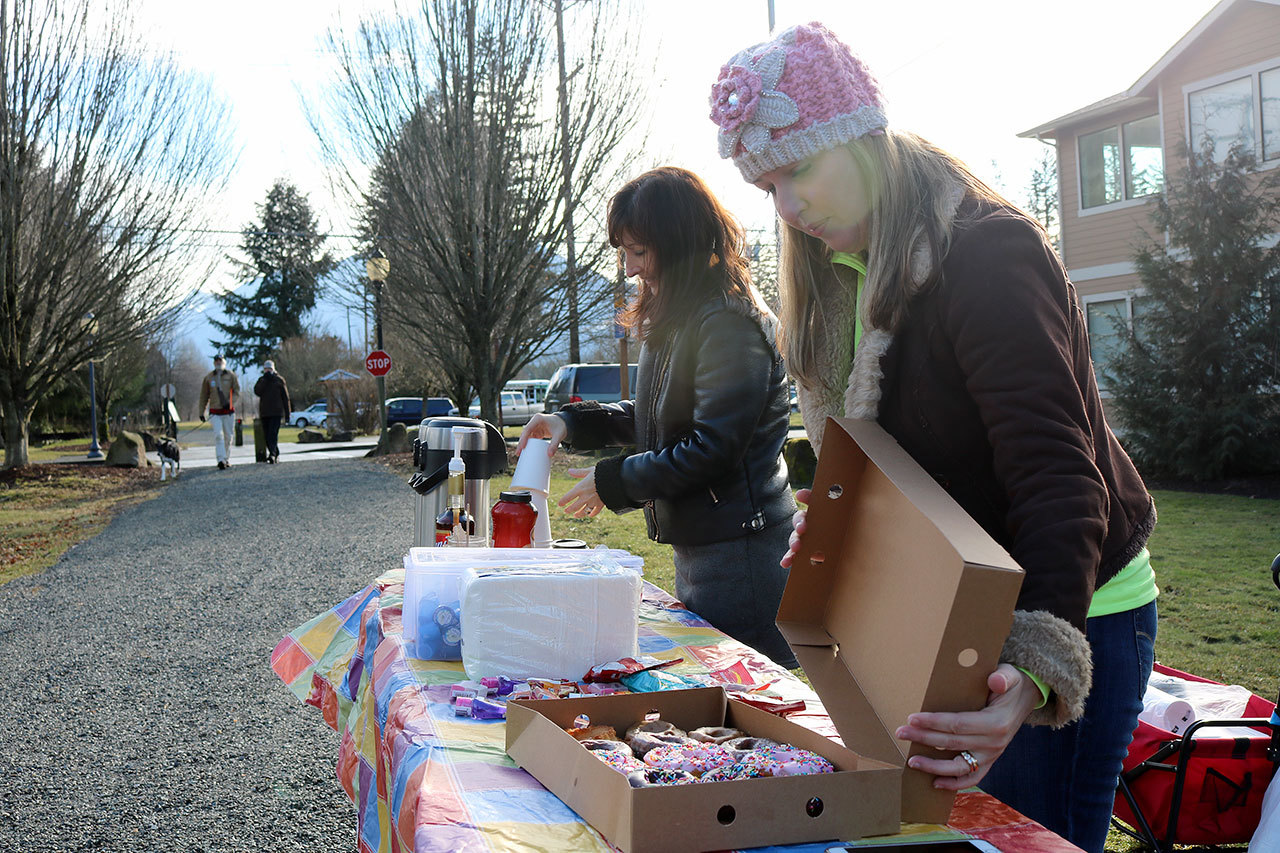The latest Best Starts for Kids initiative will provide funding to 32 county organizations, including the Snoqualmie Valley’s Trail Youth organization, to provide leadership opportunities, mentoring, and other services that will help young people throughout King County achieve their full potential.
The Trail Youth, an organization focused on outreach to homeless youth in our rural area, was awarded a $400,000 grant through the program.
Trail Youth will partner with young people experiencing homelessness in the Snoqualmie Valley to build a youth coffeehouse. The coffeehouse will create a safe place for young people to connect with opportunities and services. Trail Youth will use the space for a mentoring program to build connections between young people and their communities, and empower them to lead successful lives.
“More young people throughout King County will reach adulthood healthy, connected, empowered, and ready to thrive as a result of the partnerships we are creating with Best Starts for Kids,” said King County Executive Dow Constantine.
The partner organizations successfully competed for $12.2 million in Best Starts for Kids funding to provide programs that have been shown to support healthy development. They include mentoring programs, leadership and engagement opportunities, programs that allow young people from many backgrounds to explore their identities and connect to their communities, and programs to develop skills in building healthy and safe relationships.
King County received 171 applications for the initiative, demonstrating the need for dedicated public funding to support healthy youth development. This is one of several initiatives funded by the voter-approved Best Starts for Kids levy to support youth and young adults, including upcoming funding for after-school and summer learning opportunities, and programs to create a pipeline to success for young people impacted by the juvenile justice system.
The initiative will fund a wide range of activities to reach young people across King County’s urban, suburban, and rural communities. The goal is to create opportunities for young people from many backgrounds and communities to engage their strengths, unique identities, and life experiences in designing and accessing programs that meet their needs.


